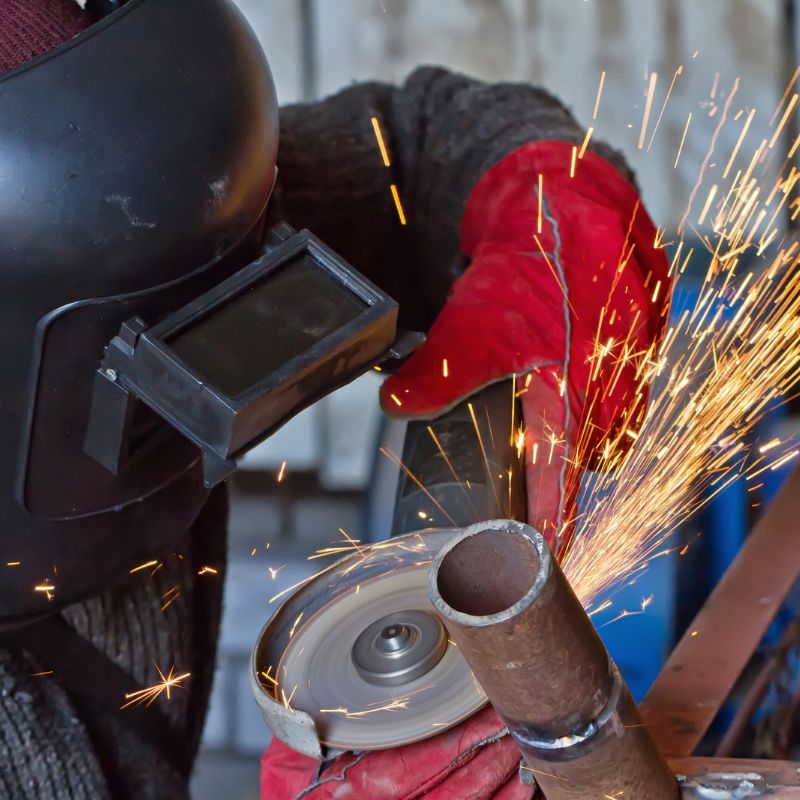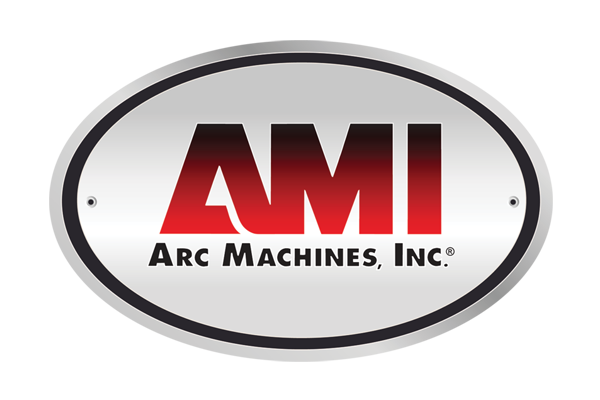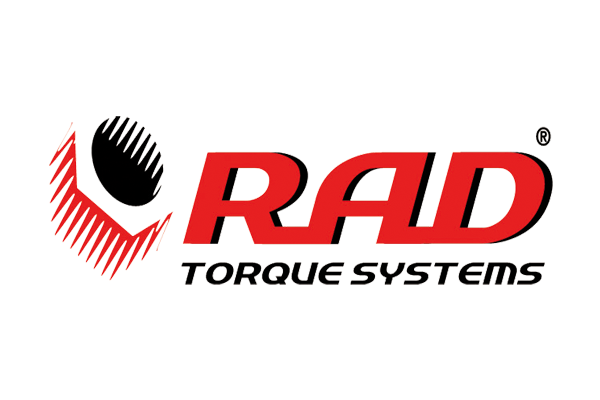How Welding Metallurgy Enhances Strength in Industrial Welds
Welding is the joining of two metals or alloys to create a single piece. The process has existed for centuries in different forms and has branched into different types of welding with unique characteristics.
Industrial welding is the most common because of its high efficiency and ability to produce strong connections. One key contributor to the strength of industrial welds is welding metallurgy. Let’s look at the role of welding metallurgy in enhancing the strength of industrial welds.
Understanding Welding Metallurgy
Welding metallurgy refers to studying the properties and characteristics of metals and alloys involved in welding. It involves selecting the appropriate welding procedures, techniques, and consumables to create high-quality welds. The process involves the heating and cooling of the metals, which affects the properties of the weld joint, such as strength, toughness, and ductility.
Welding Metallurgy and Joint Strength
An industrial weld must possess high joint strength to withstand the application’s demands. The strength of the weld joint is determined in part by the metal’s composition and heat treatment. Welders can improve it through welding metallurgy. It involves understanding the material’s microstructure and how the welding process affects it. The choice of welding filler metal, welding technique, and post-weld heat treatment can impact the weld’s microstructure and enhance the joint’s strength.
Choice of Welding Filler Metal
One aspect of welding metallurgy involves the selection of the appropriate filler metal, which fills the gap between the base metals and provides the desired metallurgical properties in the joint. Choosing the wrong filler metal can compromise the strength of a joint and lead to weld failure. The filler metal’s composition and heat treatment determine the joint’s strength, so understanding welding metallurgy is the key to selecting the right filler metals.
Effect of Heat Treatment on Weld Strength
The heat treatment process—annealing, normalizing, and tempering—after welding can alter the microstructure of a welded joint and improve its strength. A properly executed heat treatment process can improve strength, corrosion resistance, and fatigue strength.
Welding metallurgy plays a significant role in enhancing the strength of industrial welds. Understanding welding metallurgy is essential for improving the quality and performance of industrial welds, reducing the risk of failure, and creating a safe work environment. Investing in the welding metallurgy process can help you save time and money, making it important for industrial welding.
If you need orbital welding tools or welding consumables, SEC Industrial has you covered. We offer a wide range of high-quality welding equipment and consumables at competitive prices to help you produce durable welds. Contact us today to learn more about our products and services.









